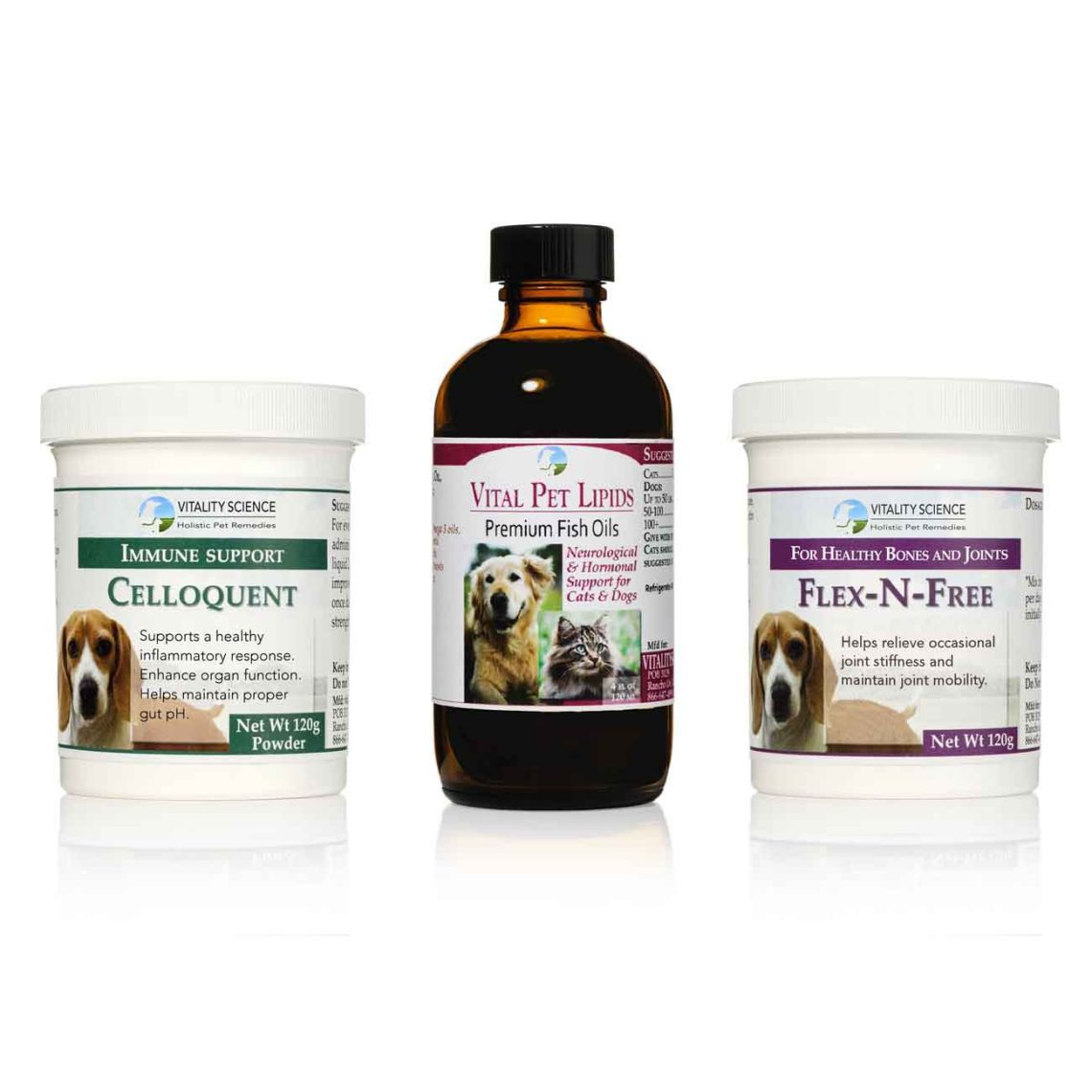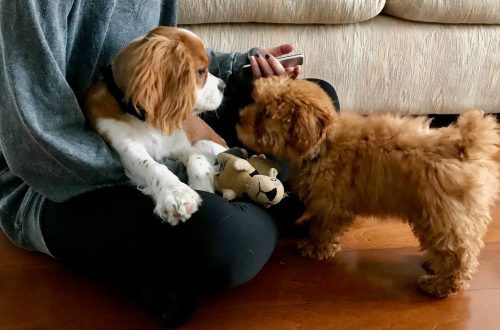
Lênêrîna Kûçikek Kal: Parastina Zindîbûnê
Caring for an older dog comes with its own set of challenges, but the bond that develops over the years between pet and owner makes every moment spent together meaningful. Therefore, you try to take care of your pet and spend as much time with her as possible. Can an older dog feel young? First of all, she needs high quality food, designed to meet the needs of the body at her age, while it is equally important to maintain both physical and mental activity. If you follow these simple rules, your pet will definitely spend his middle years in the best possible way.
Contents
When is a dog considered senior?
It all depends on its size and breed. As a rule, larger breeds reach maturity earlier than smaller ones. An analysis by Banfield Pet Hospital using 2,5 million dog veterinary records showed that animals weighing 40 kg or more live for approximately eight years. The results of the same analysis showed that dogs weighing less than 9 kg live an average of 11 years. According to PetMD, the average life expectancy of large breed dogs varies by weight. Bulldogs, Mastiffs and Great Danes live the least (6–7 years), while Cairn Terriers, Jack Russell Terriers, Shih Tzu and other small breeds have the longest life expectancy (13–14 years).
This information will help you understand your dog’s changing needs, look for specific signs of a slight decline in vitality, and adjust your pet care accordingly. But this does not mean at all that your kind dog has ceased to be funny and energetic. We’ve compiled a list of signs of aging to watch out for in order to help your pet continue to live a full and vibrant life.
What are the signs of aging to look out for?
Older dogs are like older people.
- Windakirina dîtinê. The most common causes of vision loss in dogs are cataracts, glaucoma, progressive retinal atrophy, and sudden acquired retinal degeneration. Caring for a dog suffering from vision problems is associated with certain difficulties for the household, but does not at all mean a poor quality of life for the animal.
- Problems with the oral cavity. Tartar, gingivitis and other diseases of the teeth and gums cause a lot of inconvenience to the dog. Research by Banfield Veterinary Clinic suggests that small breeds (including Dachshunds, Yorkshire Terriers, Shih Tzus and Maltese dogs) are the most commonly affected by dental disease. Left untreated, these conditions can lead to infection, tooth loss, bone damage, and toothache. Consult your veterinarian if your pet has bleeding gums or decayed teeth.
- Set (loss) of weight. Adult dogs in pain tend to avoid physical activity, which can lead to weight gain. On the contrary, if you notice unexplained weight loss in your pet, dental, stomach, or other health problems may be the cause.
- Êşa hevbeş. Arthritis is one of the most commonly diagnosed diseases in older dogs by veterinarians. It can be difficult to recognize, because animals tend to endure to the last and show only obvious discomfort caused by pain. An alert owner may notice signs of arthritis pain such as decreased interest in games, caution when climbing stairs or jumping, and weight changes.
- Decay of cognitive functions. PetMD reports that clinical symptoms of cognitive decline are observed in 50% of pets over the age of 11 years. Common signs include confusion, restlessness, inability to perform normal activities, poor self-care, and uncleanliness in the home.
How can you help your aging dog?
Ask your veterinarian to find the best food for your pet’s changing needs, as many foods are formulated specifically for older dogs, such as Hill’s Science Plan Senior Vitality. Senior Vitality is designed to meet the needs of pets as they age. It helps to fight age-related changes and keep the dog active and energetic. It also supports the animal’s bodily functions, which may deteriorate with age.
You should also remember about caring for the oral cavity of an elderly dog. Regular dental hygiene will help keep her mouth healthy. If your pet categorically refuses to brush his teeth, there are special foods that help keep the mouth clean.
Caring for an adult dog also involves monitoring changes in its behavior. If you notice that your dog is becoming more aggressive, has lost its appetite, or is drinking more, contact your veterinarian as soon as possible for guidance. Any change in your pet’s daily routine can be a sign of a serious illness that, if diagnosed early, can be treated before serious complications occur. This is why regular checkups are so important for your pet, especially in their advanced age. Changes caused by age are difficult to notice. Doubling the number of scheduled check-ups with your veterinarian will help your veterinarian quickly identify changes in your pet’s health.
Think about the comfort of an aging pet. Regular exercise – walking, throwing objects and playing at home – will help him lose a couple of extra pounds and keep his joints healthy. Let your pet always have water, and if you see that she is tired, let her rest. Non-slip mats will give confidence to a dog who is afraid of slipping on a wooden floor. A portable ramp will help you get into the car. An orthopedic bed for dogs will provide quality rest.
To save your dog’s brain function, start learning together again (teach him new tricks!), give him a puzzle, or play hide-and-seek with treats.
Most importantly, express your love. You and your pet have always enjoyed cuddling, and now it’s especially important. Even in old age, the animal can enjoy life. Thanks to your care and attention, your dog will remain energetic for many years to come.





